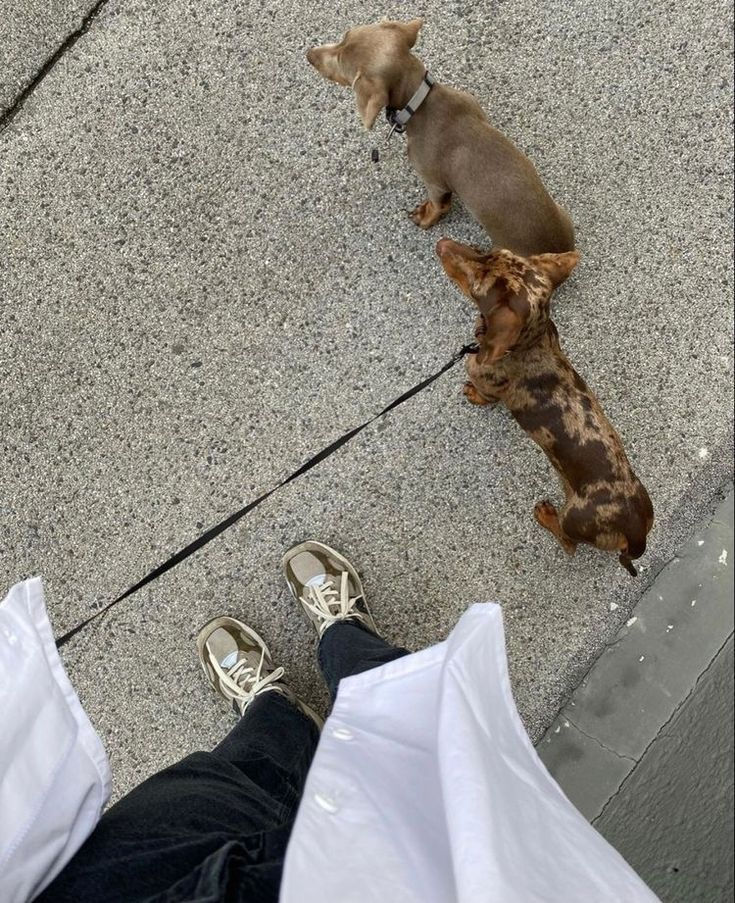The Daily Routine That Keeps Vets Away
- Dr. Nico

- Jun 7
- 3 min read
Updated: Jul 3
Simple habits that improve your dog’s long-term wellbeing - backed by experts.
Introduction
What if we told you a few simple daily habits could help your dog stay healthier, happier, and out of the vet’s office longer? Backed by veterinary research and modern nutrition science, this daily routine focuses on the essentials - habits that support digestion, weight, mobility, and long-term vitality. No gimmicks. Just good science, made simple.
1. Keep Their Weight in Check - The Foundation of Canine Health
Obesity is the most common nutritional disorder in dogs. It’s linked to reduced lifespan, chronic inflammation, joint pain, and metabolic issues. Studies show that even small increases in fat can affect gene expression related to immunity and inflammation.
Daily tip: Stick to consistent feeding times. Weigh food with a scale (not your eyes), skip random treats, and use puzzle feeders to slow down eating while boosting mental stimulation.
2. Prioritize High-Protein, High-Fiber Meals
Recent studies confirm it: meals with over 25% protein and at least 12% fiber help dogs lose weight safely while preserving muscle mass. Muscle is key for metabolism, movement, and healthy aging.
Daily tip: Choose food formulated for your dog’s life stage. Prioritize real animal protein and adequate fiber. Not sure where to start? Ask your vet or a certified nutritionist.
3. Gut Health = Whole Body Health
Your dog’s microbiome impacts digestion, immunity, skin, and even mood. Feeding it right supports long-term resilience and disease prevention. That means including prebiotics, probiotics, and fermentable fibers.
Daily tip: Add a synbiotic supplement to your dog’s daily routine. Consider Kyōno’s S-01 DailyDigest+ for microbiome support - especially if your dog has a sensitive stomach or irregular stool.
4. Exercise, Every Single Day
Movement matters. Daily exercise supports healthy weight, joint health, mental clarity, and even slows aging at the cellular level. Consistency is more impactful than intensity.
Daily tip: A brisk 20- to 45-minute walk based on your dog’s age and breed is essential. Mix in variety with sniff walks or light agility work to increase enrichment.
5. Smart Supplementation
As dogs age, their needs change. The right supplements can support specific goals - joint strength, skin hydration, cognitive function, and digestion.
Daily tip: Talk to your vet about targeted support. Keep it simple, clean, and evidence-based.
6. Routine Supports Mental Health
Dogs thrive on rhythm and structure. Predictability lowers stress and helps regulate sleep, digestion, and behavior. Daily routines create a sense of safety and reduce anxiety.
Daily tip: Start and end the day with calm, repeated rituals - a short play session, a gentle brush, or a walk at the same time every day.
7. Monitor Changes and Think Preventive
The small things are the early signs. Appetite, energy, stool, behavior - they all tell a story. Daily awareness can help catch imbalances before they become problems.
Daily tip: Do a quick head-to-tail check each day. Notice anything different? Log it in a journal or app and bring it up with your vet when needed.
Conclusion - Small Habits, Big Impact
You don’t need trends or expensive gadgets to help your dog thrive. A few grounded, consistent actions - good food, daily movement, gut support, and mindful care - can make a lasting difference.
Start today. Your dog’s future self will thank you.
Disclaimer: Always consult your veterinarian before making changes to your dog’s diet, supplements, or routine.



Comments